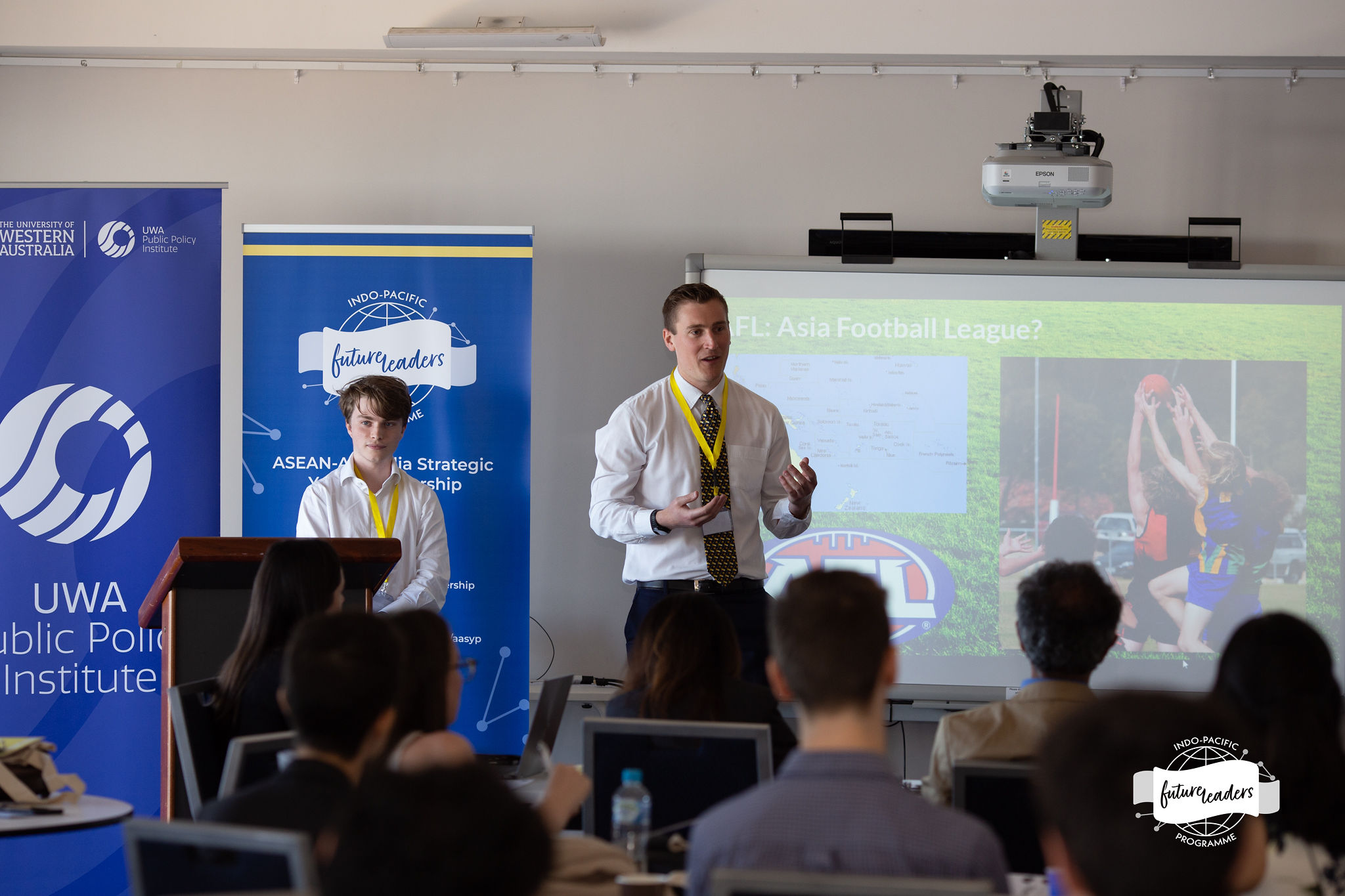
I want to propose a pathway to a more sustainable and stronger relationship with China: once the pandemic is over, we all need to take a holiday to the Middle Kingdom.
Yes, it might be radical, but hear me out.
Australians’ trust in China has dropped to a historical low of 23 per cent. The COVID-19 pandemic and the Australian Government’s call for an inquiry was met with a cold response from China – so cancelled were we that they won’t return our telephone calls. Prime Minister Morrison then went on a shopping spree and acquired a cool AUD$270 billion of missiles to deal with “rising strategic competition” (code: China). Australian exports to China are now being subjected to significant restrictions (completely unrelated according to China) and Australian journalists in China have been targeted.
It’s all a bit of a diplomatic nightmare during which we are restlessly tossing and turning between living our democratic values and preserving the lucrative economic relationship with China. But, as a New Colombo Plan Alumni who spent a year living in China, I suggest we ditch the government feud and engage in some direct diplomacy.
Now, I’m not suggesting you manufacture a diplomatic passport or try to get an audience with President Xi (although kudos to those who manage the latter). What I am suggesting is that the average Australian should put aside their preconceptions about China and paint their own picture. Before embarking on this adventure, I make the following suggestions.
Firstly, ditch the word ‘communism’. It’s a dirty word in Australia that returns us to the cold-war mentality of ‘reds under the bed’ and general tyranny. The last Communist Party of Australia candidate to run in a Federal election in Australia received 0.83 per cent of the vote (President Xi achieves a more robust, yet much more questionable, 99.97 per cent). While the Communist Party of China has a branding issue for Australian audiences, on arriving in China, you will find that capitalism and private enterprise are very much in favour.
Secondly, appreciate that our relationship with China stretches back centuries to the gold rushes. In modern Australia, 1.2 million of us identify as having Chinese ancestry.
Thirdly, acknowledge the very valid concerns about human rights in China, the imprisonment of Uyghur people in Xinjiang, the widespread use of the death penalty, the military build-up in the South China Sea, the suppression of Tibet and the destruction of Hong Kong autonomy. But also appreciate how far China has come since the 1960s when between 10 and 45 million people died of hunger. It is now soon to be the world’s largest economy. It has overseen 740 million people rising out of poverty in the last 40 years. This fact alone should tell us that there are things we can learn from China and we need to let go of our superiority complex. Foreign interference has a long and sensitive history in China and we would be in a far better position to effect positive change through friendly and firm dialogue than critical megaphone diplomacy.
So you’ve arrived at the world’s largest airport and you find yourself wondering where to start in fixing the bilateral relationship. I suggest you eat some local food and make some friends. Direct diplomacy in action.
I offer this humble example: by invitation of a classmate, I found myself having lunch at my Chinese University with her police-officer father. There, two worlds collided: an arm of the authoritarian Chinese Government and an Australian larrikin. We quickly found common ground with our equally poor grasps of each other’s language, the exchange of family photos and a few too many toasts of rice-wine. Chinese policemen now remind me of the genuine friendly of Mr Zhou from Anhui Province. I hope I left him with a similarly positive attitude towards Australians.
We are an army of 25 million diplomats. And we can do what no government policy or minister can do: we can network, travel, experience and establish relationships on enormous scales. But we aren’t. In 2019, there were 608 000 Australian visits to China. In comparison, there were 1.4 million to Indonesia (presumably a large proportion of that went to Bali). It’s time we swapped the Bintangs for Tsingtaos.
Now, I’m not naïve enough to think a stampede of Australian tourists descending on Guangzhou will instantly solve all our problems with China. But it does build a foundation for people from both countries to build goodwill and a better understanding of each other. As columnist Franklin P. Jones quipped “Nothing makes you more tolerant of a neighbour’s noisy party than being there.”
China has long pursued this strategy. Its networks of Confucius Institutes are a global effort at soft diplomacy. Opponents have branded such institutions as the “political propaganda wing of the oppressive regime…”. I must confess that as a language student at one such institute, I’m yet to reach the chapter on subverting democracy.
But I digress. The fact is that, whether we like it or not, China is a formidable force in the 21st century. The question for Australia is how best to respond. While our politicians are hamstrung, let’s fix our bilateral relationship one interaction, conversation, lunch, student exchange and business transaction at a time. As the Chinese proverb goes, ‘a journey of a thousand miles begins with a single step’.
So next time, fly past Bali and Phuket and instead check out the Avatar Mountains in Zhangjiajie, pick up some Mandarin and experience some Beijing street food. Consider a study trip. Build some networks. Then we can have an important national conversation about whether that missile money could better be spent on building influence with our largest trading partner.
This piece was first published as an article on the website of the ASEAN-Australia Strategic Youth Partnership (AASYP).

